Responding to Discovery Requests
“Rule 3.4, Fairness to Opposing Party and Counsel, is the key rule on a lawyer’s professional responsibilities when preparing a case for trial. “Fairness” is indeed the operative word. The rule promotes fair competition in our adversary system by prohibiting the following three abuses: the destruction and concealment of evidence, attempts to improperly influence witnesses, and obstructive trial tactics. This article examines the first prohibition, on destruction and concealment of evidence, in the context of responding to discovery.
“Rule 3.4(a) prohibits “unlawfully” destroying, altering, concealing, or obstructing access to evidence having “potential evidentiary value.” Intent to defraud is not required. …
“…Specifically, the law of civil fraud and civil discovery should be taken into account. … Actions that might be considered fraudulent and, therefore, unlawful include destruction of documents that a lawyer knows or reasonably should know may be the subject of a discovery request and assisting with evident tampering by a client or third party. Concealing or withholding evidence sought in a legitimate discovery request under the Rules of Civil Procedure should also be considered “unlawful” concealment under Rule 3.4(a).”
“Accordingly, misrepresentations and affirmative misstatements in a response to an interrogatory or a request for admission are unethical, but the line between unethical conduct and good advocacy becomes blurred as we move from framing responses intentionally to conceal evidence, to confusing, evasive, or incomplete answers, to interpreting discovery requests narrowly to avoid disclosure.
“How can a lawyer be a good advocate and an ethical lawyer when responding to discovery? By avoiding all efforts to mislead, confuse, or obscure; objecting to a discovery request only when there is a bona fide legal reason for doing so; and following the proper procedure for challenging a discovery request. For example, if there is a legitimate objection to a request to produce, the lawyer should file a motion for a protective order. When declining to respond to an interrogatory, the lawyer should set forth the formal objection with sufficient specificity to permit the opposing party to challenge the objection and the court to rule. Similarly, when withholding documents or other items sought by a request to produce, the lawyer should identify the information being withheld and the reason for withholding with sufficient specificity to enable the opposing party to challenge the objection in court.”
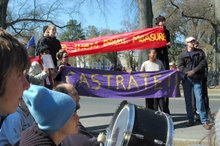




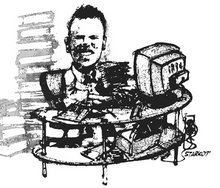
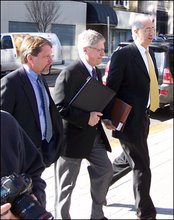
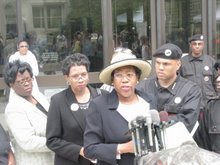
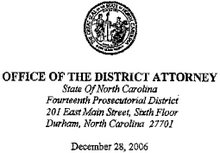
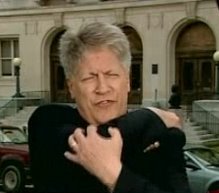

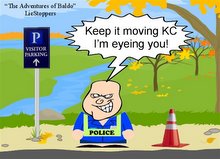

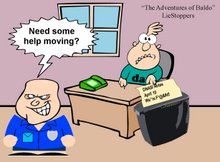

















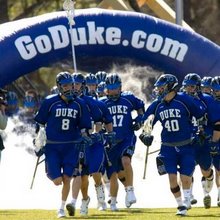

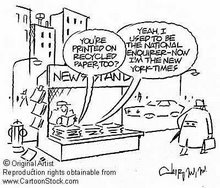

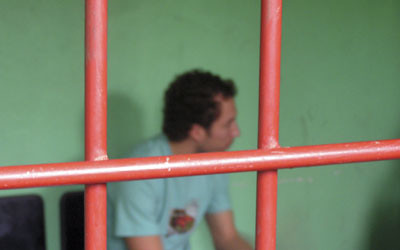
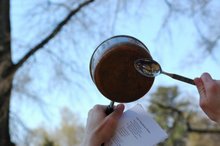


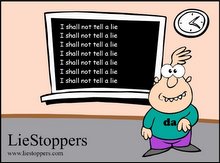






3 comments:
"Tact" should be "tack."
Thanks Liestoppers!
If this had been written sooner, Mikey could have argued, in one of his responses, that the acts he committed occurred prior to the time this interpretation became available, therefore he would not have done such...nor was such acts intentional (had to add that last part!).
I don't consider my rambled comment above any worse than his responses!
LOL!!
Spellchecked my Comment, missed the spelling of my own initials!!
OOPS!!
Post a Comment